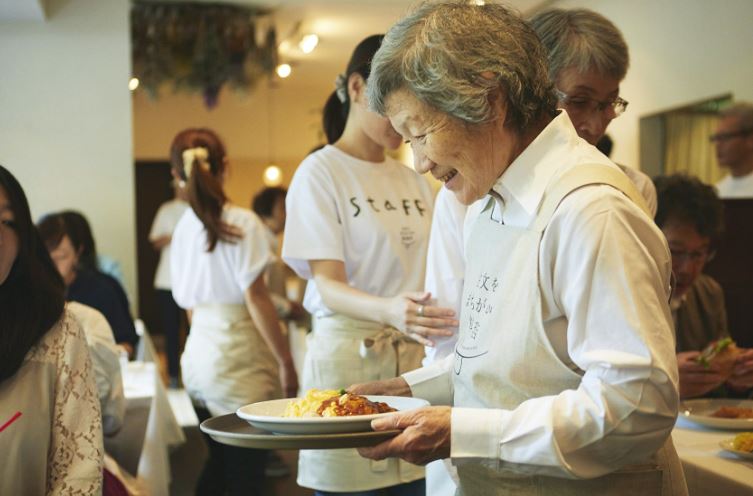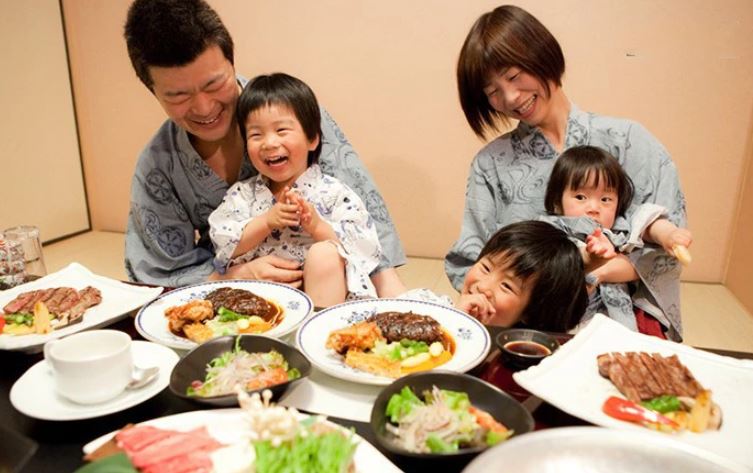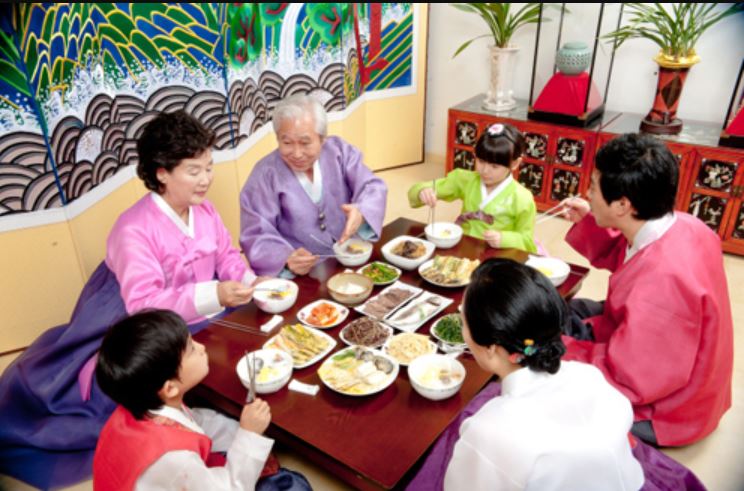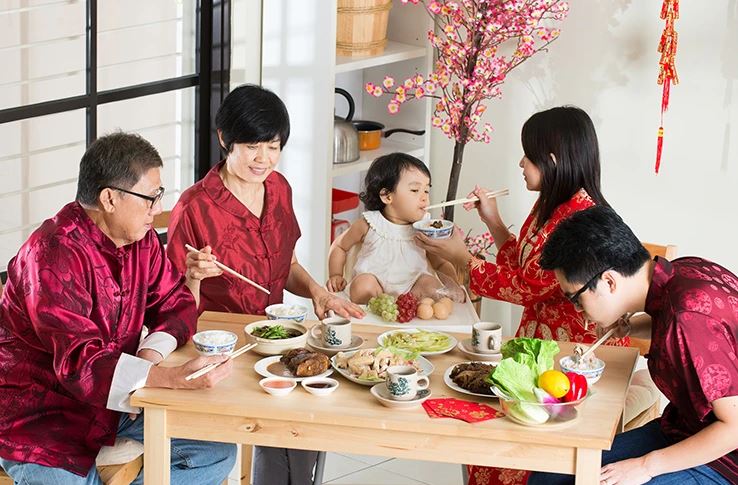Nutritionists all agree that breakfast is extremely important, and the busier people are and the later they work, the more important breakfast becomes.
While we sleep, our bodies still burn energy. Therefore, after a long sleep of 6-8 hours, the body tends to become dehydrated and needs nutrients. Breakfast helps to replenish energy quickly and allows us to start the day more actively.

People who have traveled to Japan often find it strange that it is difficult to find a restaurant in the morning. Are there no affordable breakfast shops in Japan because the Japanese never eat breakfast or don't take this meal seriously?
Why are there no breakfast shops in Japan?
You would be wrong to think that there are no breakfast shops in Japan because the Japanese don't have a need for breakfast.

The answer is the opposite: Because they take breakfast too seriously. The Japanese are extremely concerned about maintaining their health and highly value the impact of diet on health. For them, breakfast is the most important meal of the day.
This is due to the specific working habits of the Japanese.
Japanese people work very late, often staying overtime until late at night. Even when they leave the office, they don't go home right away, but instead go to bars or attend social gatherings with their bosses and colleagues - gatherings that are mostly for work purposes.
Therefore, for most families, breakfast is the only time of day when family members can sit down together, enjoy a family meal, and enjoy the atmosphere of togetherness.
Japanese people want to enjoy breakfast with loved ones at home.
Japanese housewives often wake up very early to prepare breakfast for their families.

Their traditional breakfast usually consists of fruit juice and three simple dishes: miso soup, meat, a vegetarian dish, and soy products. These are all dishes that families make themselves, so they are also difficult to buy in stores.
In short, the vast majority of Japanese people eat home-cooked breakfasts, so there are almost no breakfast shops in the country. Restaurants and eateries are usually open from 11 am.
The cost of space is also a factor that makes breakfast shops a "rare commodity" in Japan.
This country has a limited area, and the rent for shops is extremely expensive. The breakfast business is difficult to bring in large profits.

Although it can rely on the advantage of fast working capital turnover, when faced with costs such as rent, electricity and water, labor, and other expenses, the actual profit is often not too significant.
If you want to eat breakfast in Japan but can't cook for yourself, you can go to the following places:
Coffee shops, which often sell "morning sets" - breakfast sets, including toast, sandwiches, and sausage sandwiches with drinks.
Fast food restaurants: Including gyudon (beef rice bowl), soba noodles, udon noodles, and hamburgers.
Family Restaurants: Many stores in the Family Restaurant chain sell breakfast.Restaurants in large hotels (small hotels only serve breakfast to guests).
Convenience stores: This is where singles and people who don't have time to make breakfast can buy quick meals like bread, rice balls, and pastries.






